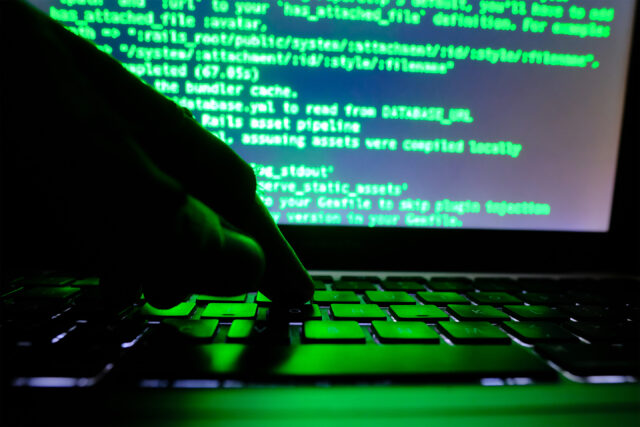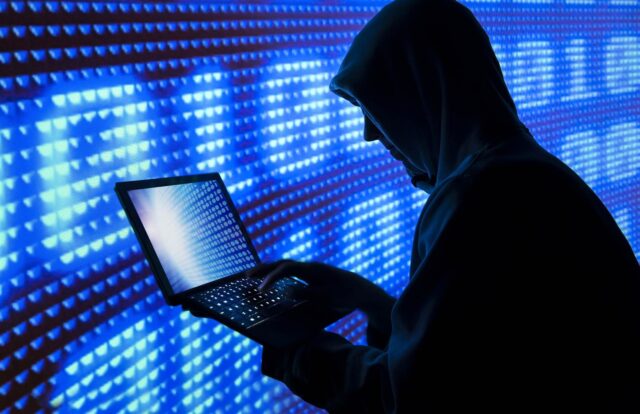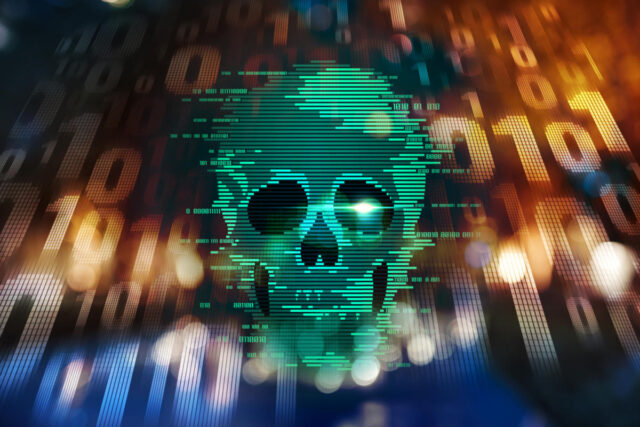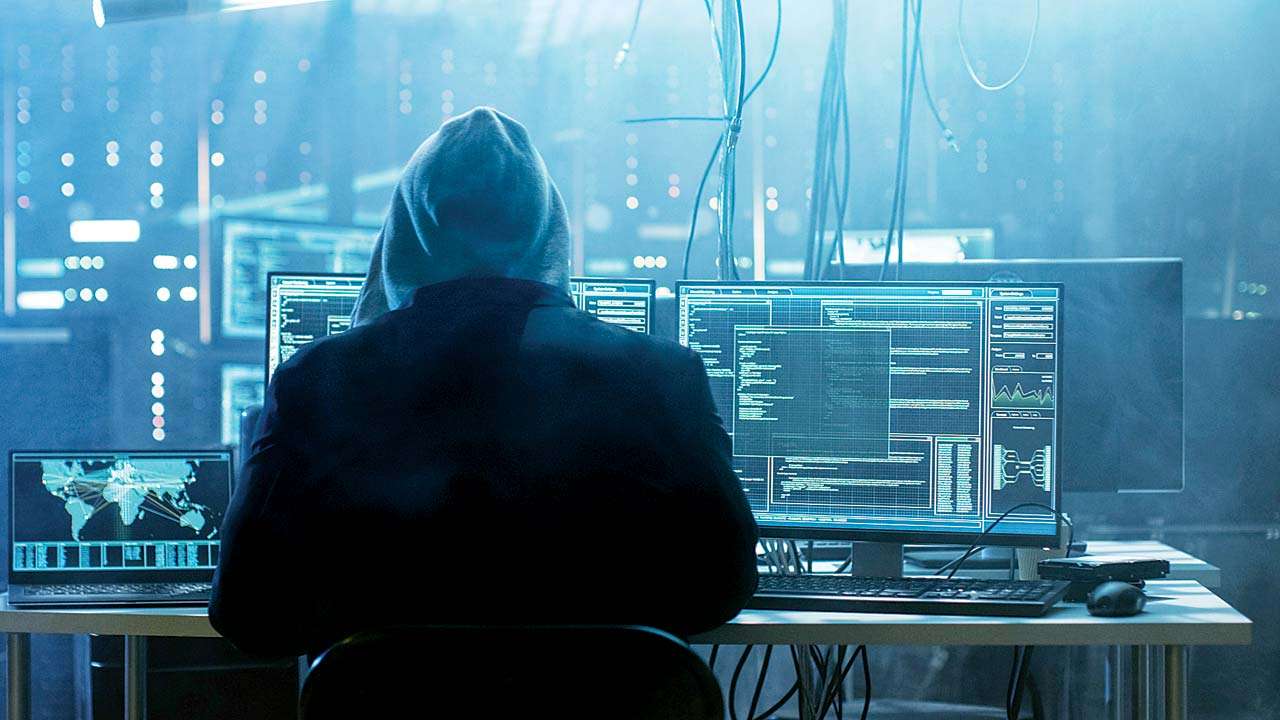Everyone knows that when they travel to unfamiliar places, they are more at risk than at home. This can simply be from a taxi driver or shop owner taking advantage of the traveller’s lack of local knowledge or it could be from pick-pockets in tourist areas.
You may be unaware of how you can be at risk just by going online when you are away. Cybercriminals and hackers look for ways to exploit any weakness so they can make money.
Dangers of online hacking

Steal your money
Imagine you go to pay for shopping during your trip and realize that your bank account is empty? You will be devastated. There are millions of people who have gone through such an ordeal during their travels. Hackers are always looking for loopholes where they can hijack your data and withdraw funds from your account.
Steal your identity
Identity theft is a serious crime that continues to threaten people’s reputations. Those people engaged in illegal activities create fake profiles, and the data you submit online can be a good start for them. You may thus end up being pursued by law enforcers for crimes that you never committed. Check out spycamerasreviewed.com to read and learn more about identity theft
Ransomware
You may have seen movies where people kidnap others and demand a ransom for their release. It is no different when it comes to ransomware. An attacker will install software that locks most of the apps on your computer and demands a ransom to unlock them. Some of these hackers will even delete some of your crucial files if you are not responsive to their threats.
Luckily there are ways you can protect yourself when you are on a leisure or business trip and want to use the internet.
Cybercriminals operate everywhere

Computer-based crime is on the rise all over the world, and for a good reason. Often online security is overlooked or not suitable and so there are easy ways for these criminals to attack computers. Imagine your computer is like a house and by leaving off antivirus, VPNs, and firewalls it is the equivalent of you leaving the windows and front door open. Although it is not quite that simple it is the same level of vulnerability that you give the attackers.
The difference is that if someone walked into your home they may be seen. Cybercriminals can operate without you realizing it until it is too late.
Beware of public networks
When you are overseas you will often be connecting to unknown networks. Perhaps taking your laptop to cafes and restaurants plus using your hotel’s WiFi. These networks can be open to all sorts of abuse by cybercriminals. These dangers are unencrypted data, fake hotspots, snoopers, and data theft.
Unencrypted data

Routers have the ability to encrypt data being sent from computers to websites, however, the router could be supplied with the encryption turned off. If the installer missed this or was not an IT professional then your data might be getting sent in an easily readable form.
Man in the middle attacks
This is pretty much how it sounds. A man-in-the-middle attack is where your data is intercepted. Your computer is sharing information to the web pages that you are interacting with and in between, you and that website is someone else watching your activity. To stop MiTM attack, the website should have SSL encryption that creates a secure tunnel between the client and the server. SSL can have many types including organization validation SSL, extended validation SSL, single-domain SSL, etc. Each website has a different preference to choose SSL certificate as per its requirement, for more information to check at wildcardsslcertificate.com.
Fake and malicious hot spots

This is where a cybercriminal sets up a hotspot with a very similar name to the one that you wish to use. A hotel is unfortunately a good place for a cybercriminal to do this. Somewhere that has perhaps several routers for different floors and where an extra hotspot name is easily missed. It works by fooling someone into picking the wrong hotspot and leaving all your personal data exposed. You could get a local data SIM and create your own hotspot for a safer connection.
Public computers
The days of internet cafes have largely gone but they still exist in some places. Hotels often have computers free for use by the guests. Public computers should be viewed with extreme caution. If you simply want to check the news back home then there is no problem.
The risk of using these computers comes in various forms but two common ones will be from keyloggers recording your keystrokes. This means your passwords, usernames, card details, etc. Logging into your bank account to check your recent transactions could mean you have just handed over everything needed for a hacker to login and transfer funds out.
Viruses and malware

Knowing how to protect yourself from ransomware and viruses is essential. Many hotel guests could be using USB flash drives and other devices to upload travel photos and other data and this is an easy way for viruses to spread. You put your camera card in the hotel’s computer and upload with no issues. Unknown to you the card now contains a virus that is waiting to go onto your own laptop at a later date.
Keeping yourself safe online
To stay in control you need to use a few tools. Luckily there are many experts in the field, people who hold a cybersecurity Msc from https://www.gcu.edu/ can fight back against the criminals. Ensure that you do not visit that don’t have an SSL certificate as you need assurance that data shared between you and the site is encrypted.
You can take things into your own hands by downloading and installing antivirus software and making sure to keep it up to date. This is important as cybersecurity is always about staying one step ahead of the hackers. Make sure your firewall is activated and use a Virtual Private Network for encrypting your files and hiding your location.
Summary

Although Cybercrime is growing luckily there are ways to enjoy the internet safely. When abroad ignore public computers for anything more than simple surfing. Check your protective software is on and running and be aware of what network you are actually connected to. Look for HTTPS in the URL bar too so you know you are connected to a secure website. This means security is in place and keeping your data encrypted.







